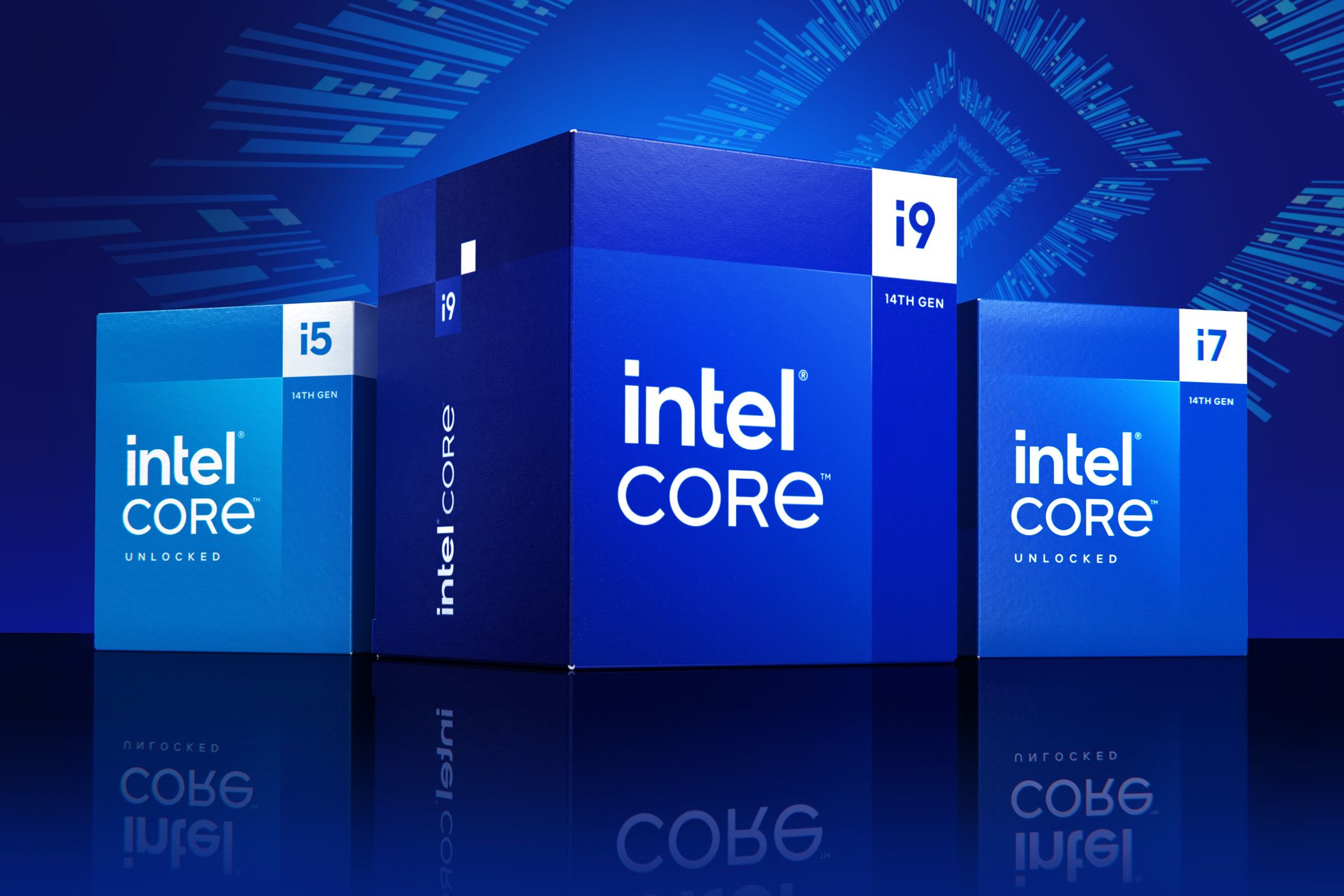
Understanding Intel's Explanation Behind Frequent Desktop CPU Failures

Understanding Intel’s Explanation Behind Frequent Desktop CPU Failures
At least 24 Intel processor models have been crashing in PCs for months now. There are still no hints of an upcoming recall, but Intel has shed more light on the issue with a new official statement. The statement shares more details about the “mitigation” updates for the impacted processors.
According to Intel’s investigation, the 13th Gen and 14th Gen Raptor Lake processors are malfunctioning because of “incorrect voltage requests to the processor that are causing elevated operating voltage.” Intel’s plan is to correct these voltage requests with microcode updates as a preventative measure for working units. Since May, Intel has released three preventative updates for the instability issue.
The latest update targets the desktop variants of Raptor Lake K, KF, and KS processors. Intel didn’t mention the laptop versions. These updates were initially available for MSI and ASUS, and Intel is now sending them to all its design and manufacturing partners. The investigation is still ongoing, and another update is coming at the end of August.
Users can overclock unlocked Intel chips with this update installed. Intel does warn that “overclocking may void their warranty and/or affect system health.” Secondly, the microcode update shouldn’t affect the PC performance for gaming or regular workloads, at least according to Intel’s internal testing. Intel also confirmed that no other chips across its entire lineup will be affected by this issue in the future.
The patches aren’t automatically installed. As they become available, users will have to download the right update package for their hardware and manually update the BIOS with a USB stick. Unfortunately, these updates can’t do anything for defective CPUs that are already malfunctioning. Intel’s official recommendation is to just replace the processors that are showing symptoms (consistent app crashes or lag). It’s offering a two-year extended warranty on all 24 processor models, which makes for a five-year coverage plan.
Source: Intel via The Verge
Also read:
- [New] In 2024, Enhancing Social Media with Vimeo Content on Instagram
- [Updated] In 2024, 5 Elite Voice Recorders for Apple Devices Unveiled
- [Updated] In 2024, IPhone Flash Optimization Tips
- Access Updated HP DesignJet 500 Driver Software Here – Beginner Friendly
- Easy Steps to Get Your Epson WF-7710 Ready on Windows 10/8.1/8/7 - Driver Downloads Included!
- Enhance Your System's Audio with Updated Drivers for Windows 7 - Get Them Here!
- Free Download: Instant Access to Updated EasyCAP Driver Software
- From Idea to Manuscript: 9 Essential Tips on Utilizing ChatGPT for Novel-Writing Success
- In 2024, 6 Ways To Transfer Contacts From Realme Note 50 to iPhone | Dr.fone
- In 2024, How to Unlock Xiaomi Redmi Note 12T Pro Phone without Google Account?
- Installing New Drivers for Your Dell Computer's SMBus Controller
- Latest Drivers for Epson XP-N Series - Installing on Windows Systems
- Masterclass in FREE Videochats & Collaborative Screensharing for 2024
- Step-by-Step Guide to Install HP LaserJet 1018 Printer Drivers
- Unveiling the Secrets of Unhidden iOS Apps - A Comprehensive Guide
- Title: Understanding Intel's Explanation Behind Frequent Desktop CPU Failures
- Author: Joseph
- Created at : 2024-10-18 00:07:15
- Updated at : 2024-10-18 22:11:47
- Link: https://hardware-help.techidaily.com/understanding-intels-explanation-behind-frequent-desktop-cpu-failures/
- License: This work is licensed under CC BY-NC-SA 4.0.